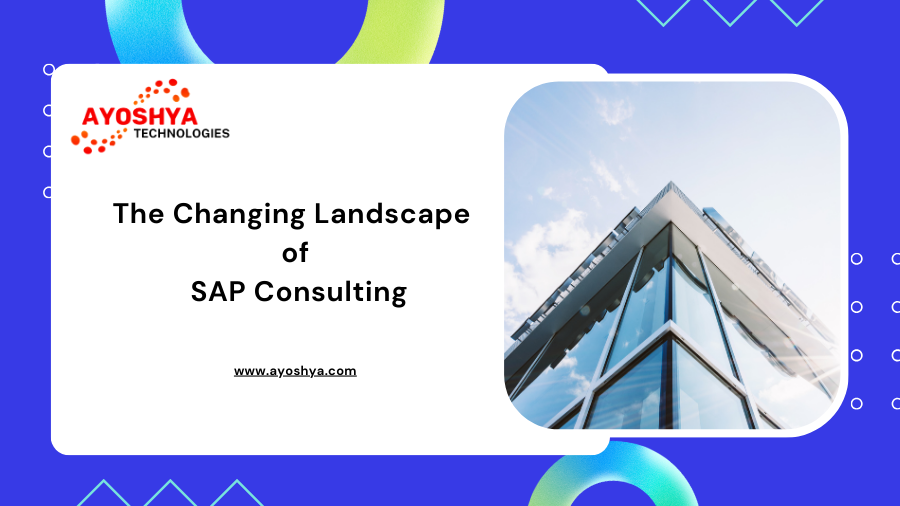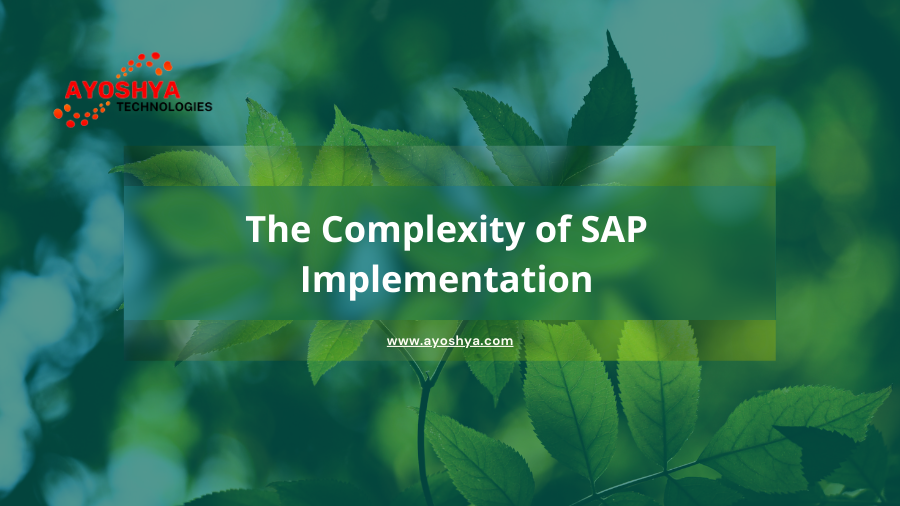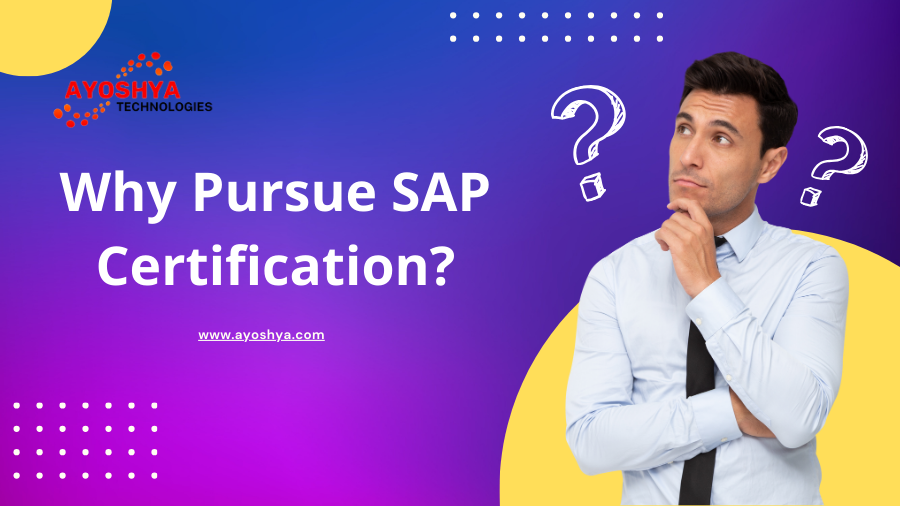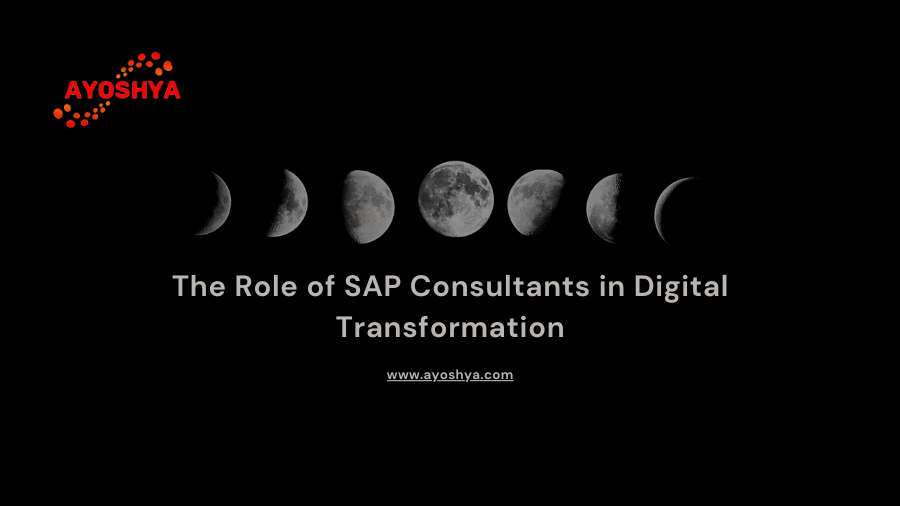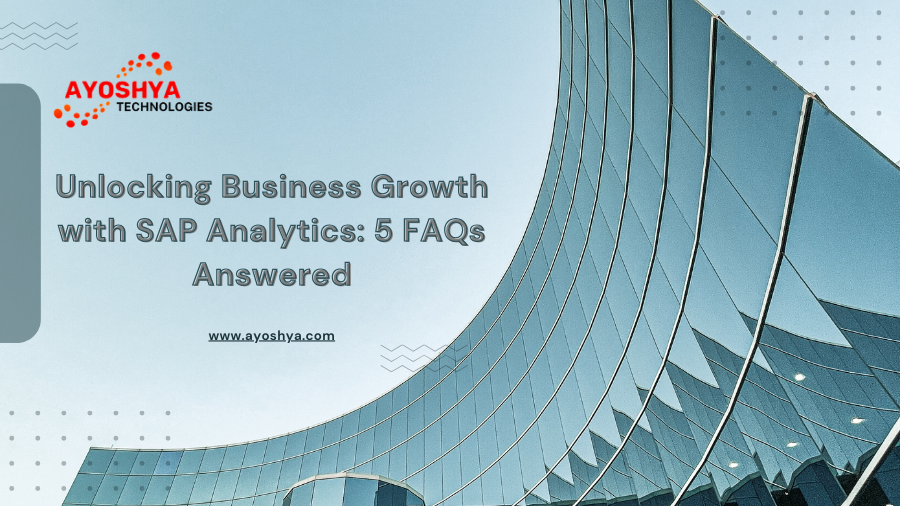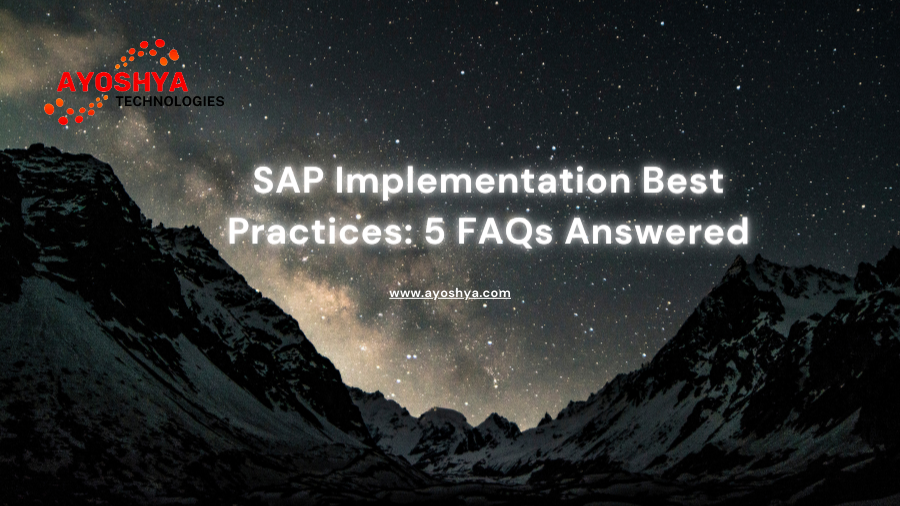The Changing Future of SAP Consulting
SAP consulting has traditionally focused on helping organizations implement and manage SAP solutions. However, the future of SAP consulting is far more expansive, encompassing a broader range of services and expertise.
1. Digital Transformation
As businesses increasingly embrace digital transformation, SAP consultants are expected to play a pivotal role in helping organizations harness the power of emerging technologies. This includes leveraging SAP’s Intelligent Enterprise suite, which integrates cutting-edge technologies like artificial intelligence, machine learning, and Internet of Things (IoT) into core business processes.
2. Cloud Migration and Integration
The future of SAP consulting revolves around assisting businesses in their transition to the cloud. SAP’s cloud offerings, such as SAP S/4HANA Cloud and SAP Business Technology Platform, will become integral to modernizing and optimizing operations. Consultants will need to specialize in cloud migration, integration, and management.
3. Data-Driven Insights
The growing importance of data analytics and business intelligence means SAP consultants will be expected to help organizations derive actionable insights from their data. SAP’s analytics solutions, including SAP Analytics Cloud, will play a crucial role in this endeavor.
4. Industry Expertise
SAP consultants will need to develop deep industry expertise to address the unique challenges and requirements of specific sectors. Understanding industry-specific processes and regulations will be essential for delivering tailored solutions.
5. Sustainability and ESG
In response to global sustainability concerns, SAP is focusing on enabling businesses to integrate Environmental, Social, and Governance (ESG) practices into their operations. SAP consultants will play a role in helping organizations align with ESG goals and achieve sustainability objectives.
Key Opportunities for SAP Consultants
The evolving landscape of SAP consulting presents numerous opportunities for professionals in this field:
1. Upskilling and Specialization
SAP consultants can gain a competitive edge by continuously upskilling and specializing in areas such as cloud technologies, data analytics, and industry-specific SAP solutions.
2. Advisory Services
As trusted advisors, SAP consultants can provide strategic guidance to organizations seeking to leverage SAP solutions for achieving their business goals.
3. Change Management
SAP consultants can play a pivotal role in change management, helping organizations navigate the cultural and operational shifts associated with digital transformation.
4. Global Reach
SAP consulting is a global profession, offering opportunities to work with diverse clients across industries and regions. Building an international network can be highly rewarding.
Conclusion
The future of SAP consulting is dynamic and promising, driven by innovation and the pressing needs of businesses in an increasingly digital and interconnected world. To thrive in this evolving landscape, SAP consultants must adapt, embrace emerging technologies, develop specialized expertise, and stay attuned to the evolving needs of their clients. By doing so, they will continue to play a vital role in helping organizations navigate the transformative journey ahead.



